Langston Hughes (1902-1967) is one of the best-known exponents of the Harlem Renaissance, a cultural movement shaped by African-Americans in the 1920s. The Harlem Renaissance increased community visibility, and aimed at greater acceptance of the rights of African-Americans, who till then had been treated as second class citizens by the dominant white, upper class, male population of the United States. Hughes was not as aggressive as other exponents of this movement, and wanted greater integration of the African-American community into the mainstream of the American population.
‘Let America Be America Again’ is a poem in which he speaks on behalf of not just African-Americans, but all other minority communities in America. Written in 1935, this poem was originally published in the July 1936 issue of Esquire magazine. It was later republished in Kansas Magazine in 1937. It was then revised, and finally, it was included in a small collection of poems by Langston Hughes entitled New Song, brought out by the International Workers Order in 1938. Though evidently a pre-Civil Rights era poem, ‘Let America Be America Again’ captures the spirit of solidarity across different communities that was a remarkable strength of that era.
There is no consistent rhyme scheme in this poem, though iambic pentameter is used in certain cases. The first two stanzas use ABAB individually. However, as the poem progresses, Hughes abandons such a systematic scheme and rhymes his stanzas randomly. This does not, in any way, take away from the craftsmanship of the poem. As we read through the lines, we can feel the emotion mounting to a crescendo through Hughes’s use of free verse. Throughout the thirteen stanzas, Hughes also makes use of multiple figures of speech, such as simile (“those who live like leeches on the people’s lives”), metaphor (America – “that great strong land of love”), personification (“Let America … be the pioneer on the plain”), alliteration (“dream the dreamers dreamed”), assonance (“take – pay” or “humble – hungry” or “leeches – people”), climax (“so strong, so brave, so true”), and apostrophe (“Say, who are you that mumbles in the dark?”).
America is a land of immigrants, and Hughes is very aware of that. He knows that the “pioneers” (the term employed to denote the early settlers of the United States) all came from various locations across the world, predominantly from Britain to get away from tyrannical regimes (in the case of British immigrants, from the rule of King George III) or from religious persecution (mostly from Catholics). Hughes also knows that America was technically formed when the Declaration of Independence was adopted by the Continental Congress on 4th of July, 1776. This document asserted that the thirteen American colonies were, from that day, to be considered thirteen newly independent, sovereign states and hence, no longer part of the British Empire. Thus, the Declaration of Independence promised autonomy in administrative matters, individual freedom, democracy, and equal opportunity. This is what Hughes believes was the American Dream. However, that dream is no longer valid, and the home that the immigrants had sought to build is a distant possibility. Scepticism runs another course in the poem as well, with not just the death of the Dream, but with non-believers (like Hughes himself) who never believed that America would offer them democracy or equality at all.
Hughes takes up a number of abstract concepts in the poem, and one of them is ‘Liberty’. He says that Liberty has lost all its original meaning, and has come to signify a “false patriotic wreath”. Loss of values is something that concerns Hughes greatly. This loss of values is exactly what allows the rich white man to exploit all other sections of society, driving out the American Indians from the lands that they rightfully owned, practising slavery, and generally profiting from labour that is not his own. This analysis lends itself to a Marxist view of the world, which is uncommon coming from Hughes. In any case, Hughes says that America has taught its people to value money, and maximum ownership. That Hughes’s voice is representative of all the disenfranchised peoples of America is evident when he says that “I am the people, humble, hungry, mean.” For Hughes, America belongs to those “whose sweat and blood” built the nation, that is, to people like him. So only they can reclaim America from the economically secure, white, male population and to do so, they must draw up an alternate oath saying they will take back what they lost. They must transcend their unsatisfactory lives, and focus on developing new ones. Towards the end of the poem, Hughes aligns the disenfranchised American citizenry with landscapes and nature. This was typically done by white writers when talking about African-origin peoples. Hughes imitates them with a different purpose in mind – to assert that nature, in fact, has more inherent value than a civilization that defines advancement in terms of economic success. The poem ends with a vision of an America that can and will come to exist, even though it has never existed in the same form before. Hughes is sure that by standing up for their rights, African-Americans, American Indians, immigrants, workers, and the poor can build a nation that will live up to what the Declaration of Independence promised.
Dear Readers- If this summary/analysis has helped you, kindly take a little effort to like or +1 this post or both. Make sure you like Beamingnotes Facebook page and subscribe to our mailing list so that we can keep in touch. We’ll keep informing you about stuffs that are really interesting, worth knowing and is important to you.
Some online learning platforms provide certifications, while others are designed to simply grow your skills in your personal and professional life. Including Masterclass and Coursera, here are our recommendations for the best online learning platforms you can sign up for today.
The 7 Best Online Learning Platforms of 2022
- Best Overall: Coursera
- Best for Niche Topics: Udemy
- Best for Creative Fields: Skillshare
- Best for Celebrity Lessons: MasterClass
- Best for STEM: EdX
- Best for Career Building: Udacity
- Best for Data Learning: Pluralsight
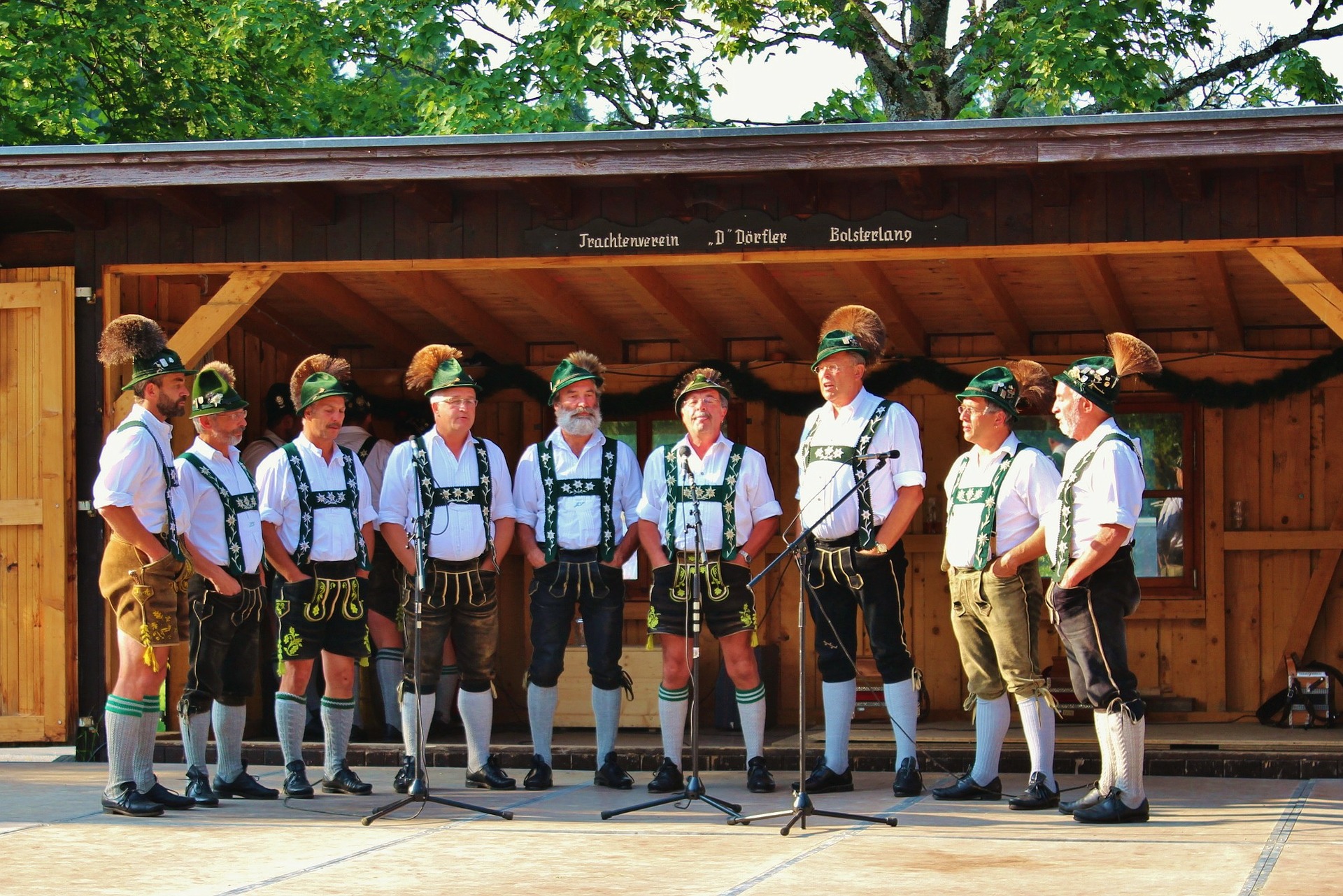

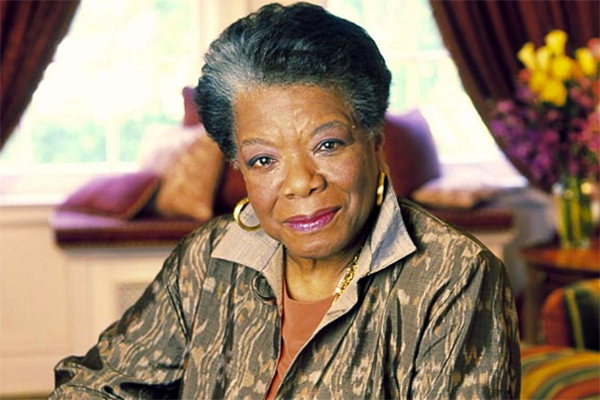

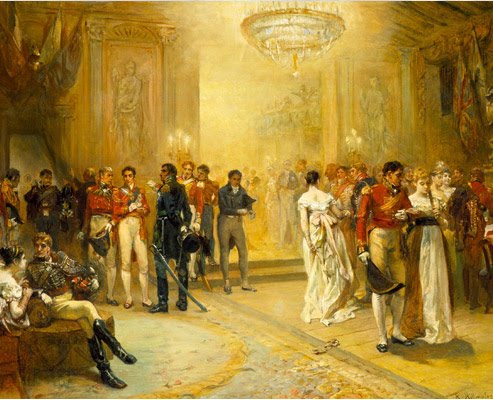
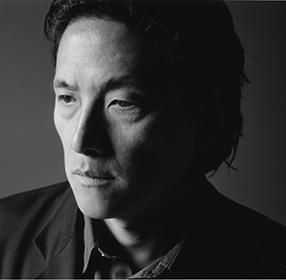
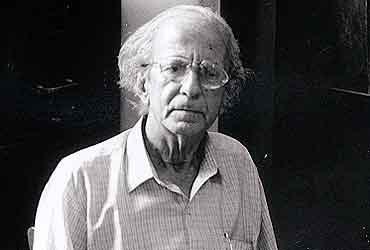


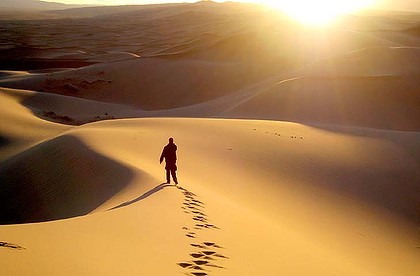
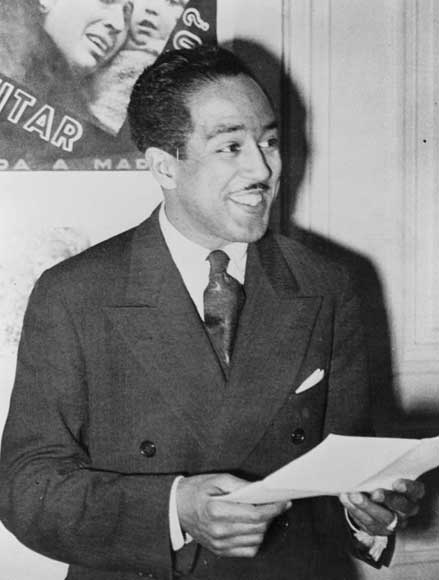
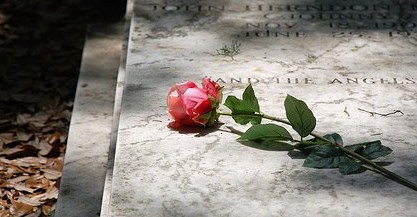





The summary and analysis had helped me.
Thank you so much